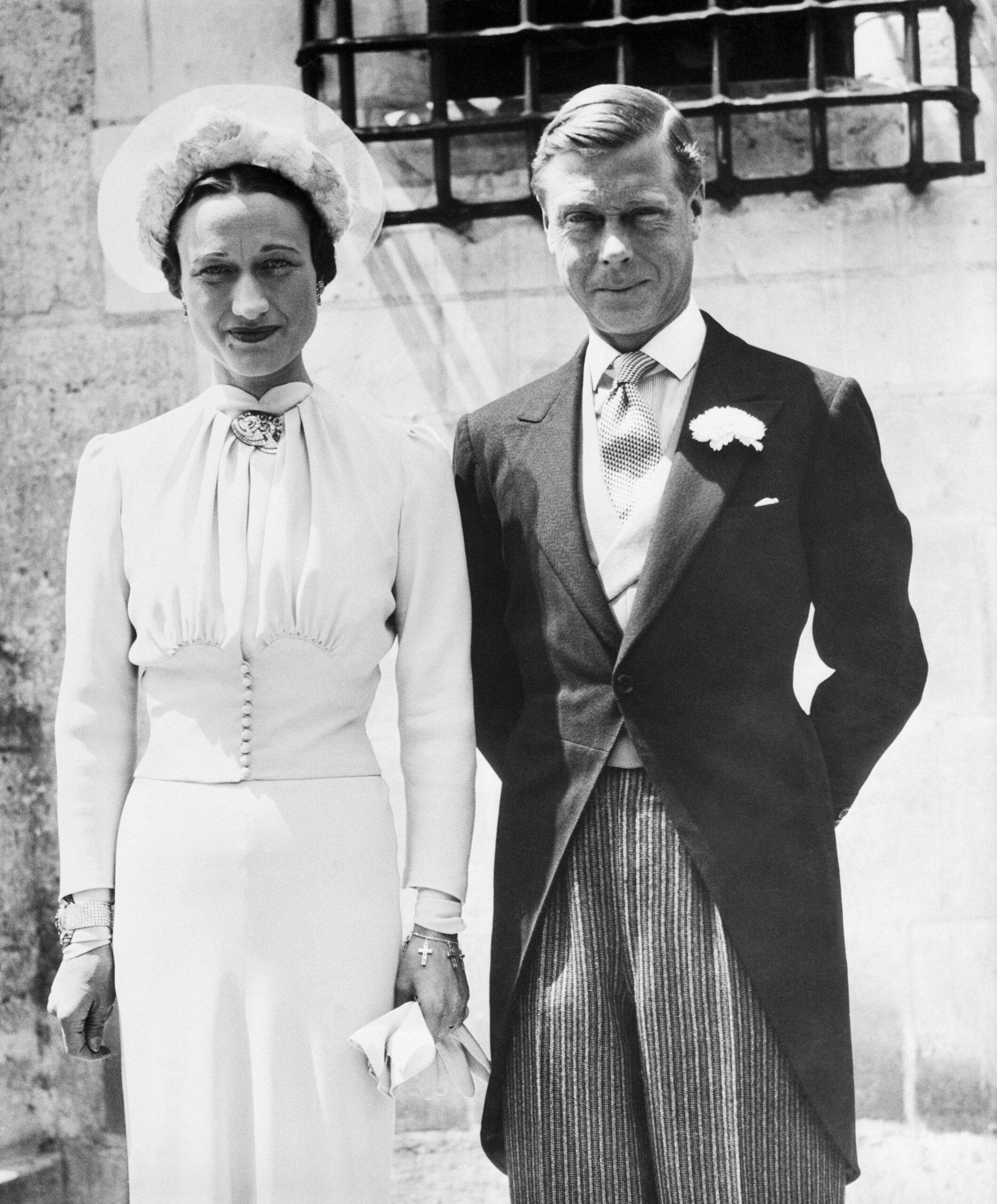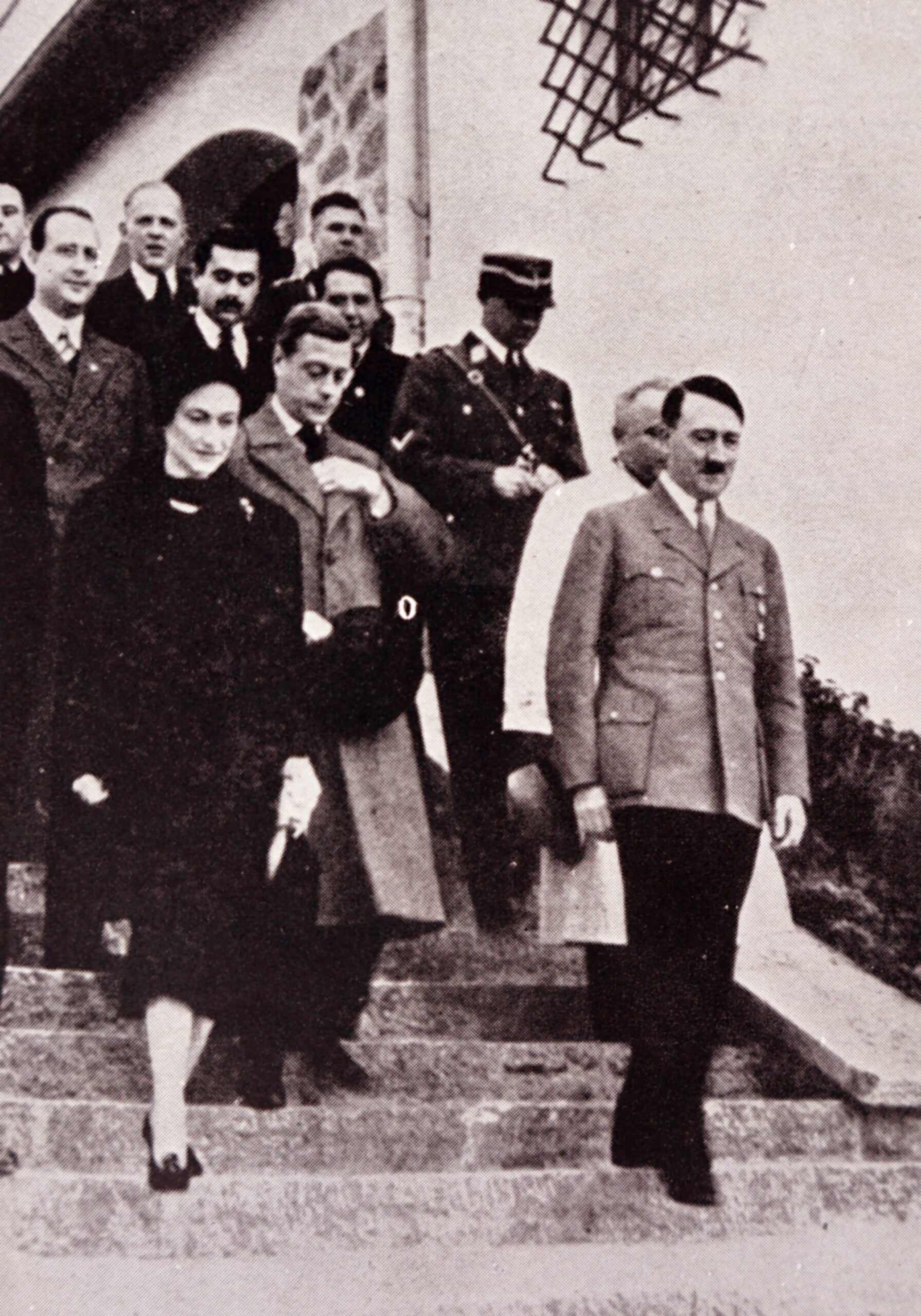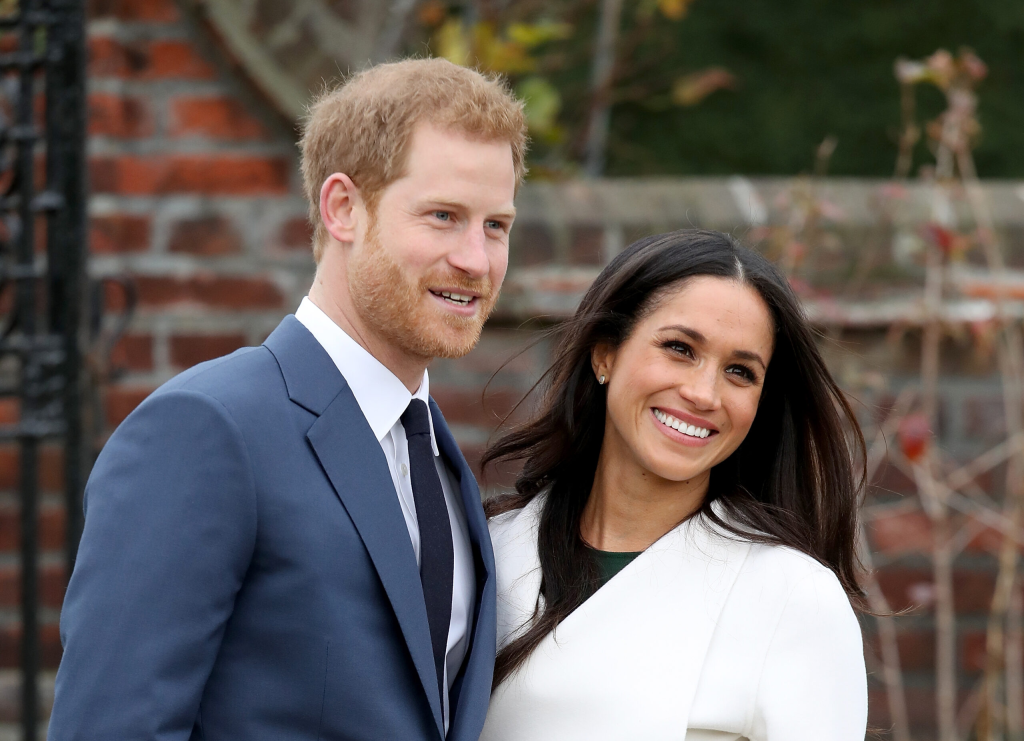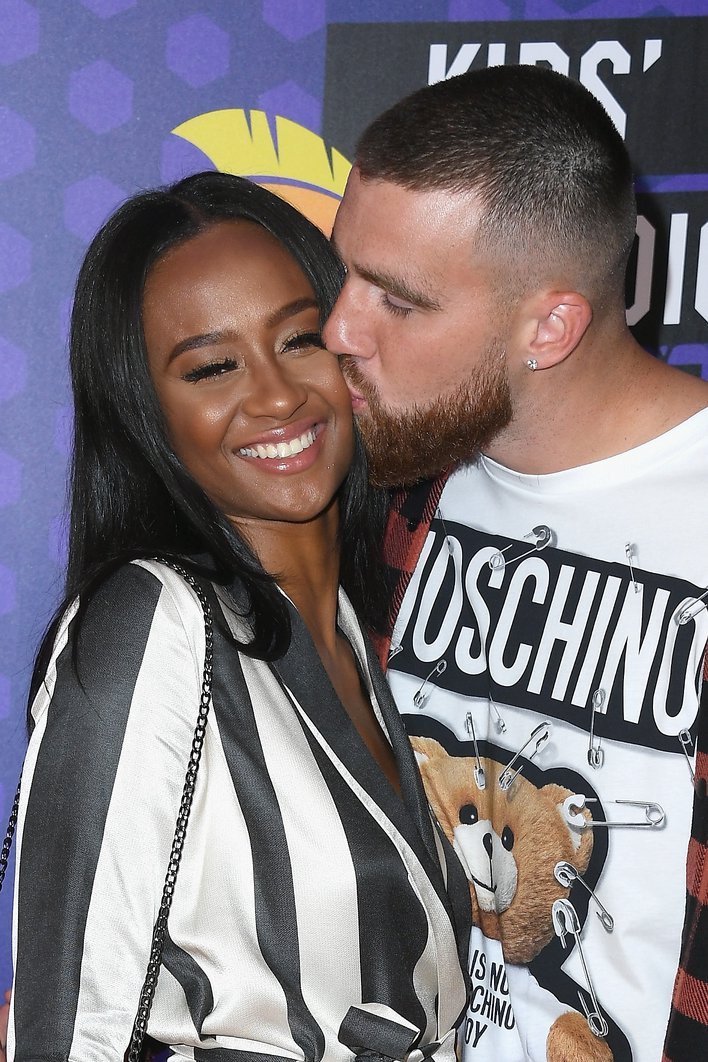According to a royal expert, the late Prince Philip had a rather pointed nickname for the Duchess of Sussex, and it wasn’t so kind.
The nickname suggested a comparison to Wallis Simpson, the controversial wife of the former King Edward VIII, drawing parallels between Meghan Markle and Wallis, both American and divorced when they married into the royal family.
Prince Philip supposedly referred to Meghan with a name that made reference to this connection.
Wallis Simpson and King Edward VIII
Wallis Simpson, an American divorcée who became the Duchess of Windsor, was one of the most controversial royal figures in recent history after King Edward VIII decided to abdicate the throne in December 1936 (after less than a year as a monarch) to be able to marry her.

At the time, royals were prohibited from entering into a marriage with a divorced person – a rule that did not change until 2002, just three years before the then-Prince Charles married Camilla, per the Royal Observer.
Following King Edward and Wallis Simpson’s marriage, they were not allowed to return home without the permission of his brother, the new King George VI, as there were fears it could potentially cause public unrest, Vogue detailed.
During their years of exile, the Duke and Duchess of Windsor constantly attracted headlines – with one of their most shocking incidents occurring in 1937 when they visited Nazi Germany and were photographed giving the notorious Nazi salute upon meeting Adolf Hitler.

Prince Philip’s brutal nickname
Royal biographer Ingrid Seward shed light on Prince Philip’s perspective during an interview with GB News, suggesting that he thought Meghan and Wallis Simpson had many similarities, leading to the adoption of a discreet nickname for the Duchess of Sussex.
Allegedly Prince Philip, who Seward says was known for his astute judgment of character, couldn’t overlook the resemblances between Meghan and Prince Harry and Edward and Mrs. Simpson.

“I think that Prince Philip was very canny about people and he didn’t always see bad in people, he often tried to see the good in them,” Seward said.
“He just could not get away from the similarities between Meghan and Harry and Edward and Ms Simpson, which his why he used to call her the Duchess of Windsor. Not to her face though, he used to call her DOW,” she added.
In her book ‘My Mother and I‘, Seward delved further into Prince Philip’s reservations about Meghan, describing him as “wary” of the former Suits actress and her potential impact on the royal family.
While Prince Philip saw Meghan as potentially disruptive, Queen Elizabeth II held “high hopes” for her, indicating differing perspectives within the royal family regarding Meghan’s role and influence.

Prince Harry and Meghan Markle left royal life
Since stepping back from their royal duties in 2020 and relocating to California, Meghan and Harry have maintained a relatively low profile within the royal sphere.
While Harry is set to visit the UK for the 10th anniversary of the Invictus Games, with a service to be held at St. Paul’s Cathedral on May 8, according to the Daily Express. Meghan is expected to remain in the US, citing safety concerns and a desire to avoid stirring up controversy.
Despite occasional returns to the UK for significant events like Queen Elizabeth II’s funeral in 2022, Meghan has opted out of attending others, such as King Charles III’s coronation, which Harry attended alone last year.
It’s clear that Meghan is choosing to prioritizing her safety and peace amidst constant scrutiny and public interest in her relationship with the royal family.
What did you think of this story? Be sure to let us know in the comments!
Travis Kelce’s ex, Kayla Nicole, responds to online attacks from Taylor Swift fans, saying, “You’ll never make me hate myself.”
She’s had enough.
Travis Kelce’s ex, Kayla Nicole, fired back at Taylor Swift fans who have been criticizing her looks online because of the singer’s relationship with the NFL star. A fan page posted unedited pictures of Kayla without makeup, getting her hair done. The person who shared the photos commented sarcastically, saying “Very pretty,” and added a puking emoji.

Travis Kelce’s ex, Kayla Nicole, responded to Taylor Swift fans who have been criticizing her looks online.
A fan page shared unfiltered photos of Kayla Nicole getting her hair done without makeup. She responded by retweeting the post and writing, “YOU WILL NEVER MAKE ME HATE ME. Hang it upppppppp bookie.”
Other fans quickly supported her on X, with one saying, “You’re beautiful…this is so weird??!” and another adding, “I’m confused.. because you look gorgeous here.. true flops all around.”

“YOU WILL NEVER MAKE ME HATE ME. Hang it upppppppp bookie,” she tweeted the hater.

Many fans defended Kayla Nicole, telling her she’s “gorgeous” with or without makeup. One person tweeted, “Not them making a fan page just to hate on you. It’s getting weird.” Another fan said, “Girl, you are absolutely gorgeous. Forget the haters. ”
Kayla has been facing online hate ever since Travis Kelce started dating Taylor Swift last September.

She has been dealing with online hate since her ex Kelce went public with Swift last September.

In October 2023, Kayla Nicole, founder of Tribe Therepe, wrote an open letter to “Black women specifically,” responding to the criticism and embarrassment she’s faced since her ex, Travis Kelce, started dating Taylor Swift.
In her letter, Kayla urged her followers not to get involved in the drama, saying, “Don’t engage in this difficult and often unfair situation.” She added, “Protect your heart, even when others judge you or push your limits. You don’t have to respond because there’s power in staying silent.”

In April, she addressed the Swifties ahead of the release of the “Cruel Summer” singer’s 11th studio album, “The Tortured Poets Department.”

Kayla Nicole tweeted, “Just know everyone has a breaking point & would love for ‘yall’ (because you know who you are) to leave me alone.”
In January, she seemed to call out Taylor Swift’s fans in a TikTok video, saying, “Fake page, s–t talking, cult following, keyboard warriors – maybe take the year off babe?”
A few months later, before Swift’s new album “The Tortured Poets Department” came out, Kayla addressed the Swifties again, tweeting on April 18, “I’m unproblematic. Mind my business. Never respond to the constant hate.”

Nicole dated the tight end on-and-off from 2017 to 2022.

Kayla Nicole dated Travis Kelce on and off from 2017 to 2022. Over a year after their final breakup in May 2022, Kelce went public with his relationship with Taylor Swift.
Kayla, frustrated by the situation, said, “I’m strong and don’t need recognition for it, but everyone has a breaking point. I’d love for ‘yall’ (you know who you are) to leave me alone.”



Leave a Reply